Open to the public from 10:00 a.m. to 1:00 p.m. — In partnership with St. Mary’s Food Bank
Yavapai Community College’s Prescott Campus will hold its semi-annual community food distribution drive-through only on March 28 from 10:00 a.m. to 1:00 p.m. or until all food is distributed. As noted, it is a drive through only event and is open to the public.
“If you need food, come and get food. We will load you up,” said YCC Student Affairs Coordinator Deborah Chambers.
Yavapai Community College, in collaboration with St. Mary’s Food Bank, is facilitating this food distribution initiative. According to the College, more than one in seven Yavapai County residents experience food insecurity or lack consistent access to sufficient nutrition for themselves and their families.
The blog has no information regarding a similar food distribution effort at the Sedona Center or the Verde Campus. Notably, programs like this not only address food insecurity but also enhance the Community College’s public visibility and reinforce its role as an active participant in the community. Hopefully, if it has not already preparing to do so, the College leadership will consider expanding such efforts to all campuses and centers as this would further demonstrate a commitment to serving the broader Yavapai County region.

 Arizona Governor Katie Hobbs, the Arizona Commerce Authority, and partners from Boeing and Honeywell have joined forces to launch the first-of-its-kind Aerospace & Defense Future48 Workforce Accelerator. This aerospace and defense-focused facility will open in the fall of 2026 at Chandler-Gilbert Community College’s (CGCC) Williams campus, bringing together students and industry partners.
Arizona Governor Katie Hobbs, the Arizona Commerce Authority, and partners from Boeing and Honeywell have joined forces to launch the first-of-its-kind Aerospace & Defense Future48 Workforce Accelerator. This aerospace and defense-focused facility will open in the fall of 2026 at Chandler-Gilbert Community College’s (CGCC) Williams campus, bringing together students and industry partners.

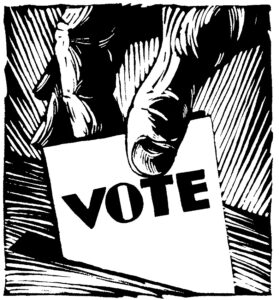 Deb McCasland was re-elected as the Yavapai Community College District Governing Board Chair by a 3-2 vote, defeating Third District Representative Toby Payne. In the same meeting, District 5 Representative Steve Bracety was chosen as Board Secretary. The election occurred during the District Governing Board’s workshop January 14.
Deb McCasland was re-elected as the Yavapai Community College District Governing Board Chair by a 3-2 vote, defeating Third District Representative Toby Payne. In the same meeting, District 5 Representative Steve Bracety was chosen as Board Secretary. The election occurred during the District Governing Board’s workshop January 14.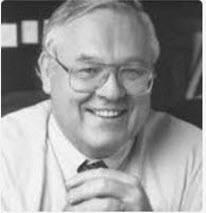
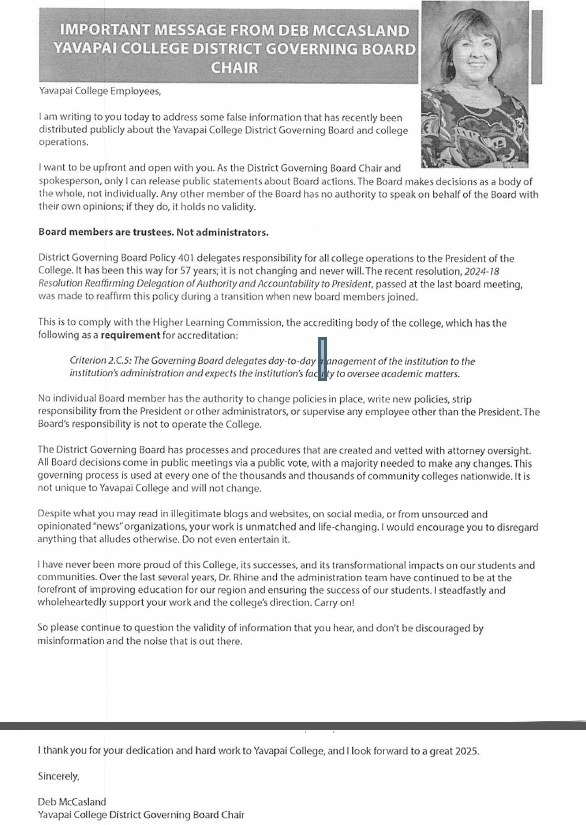
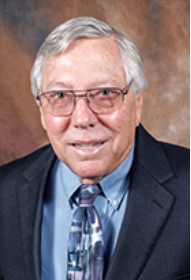

 Yavapai Community College launched a weekly podcast in October, aiming to cover a wide range of topics, including academics, athletics, campus life, and more. You can listen to a podcast
Yavapai Community College launched a weekly podcast in October, aiming to cover a wide range of topics, including academics, athletics, campus life, and more. You can listen to a podcast  The Yavapai Community College Police Department released its annual safety and security report in October, revealing minimal criminal activity leading to arrests across both campuses and four centers during the reporting period.
The Yavapai Community College Police Department released its annual safety and security report in October, revealing minimal criminal activity leading to arrests across both campuses and four centers during the reporting period.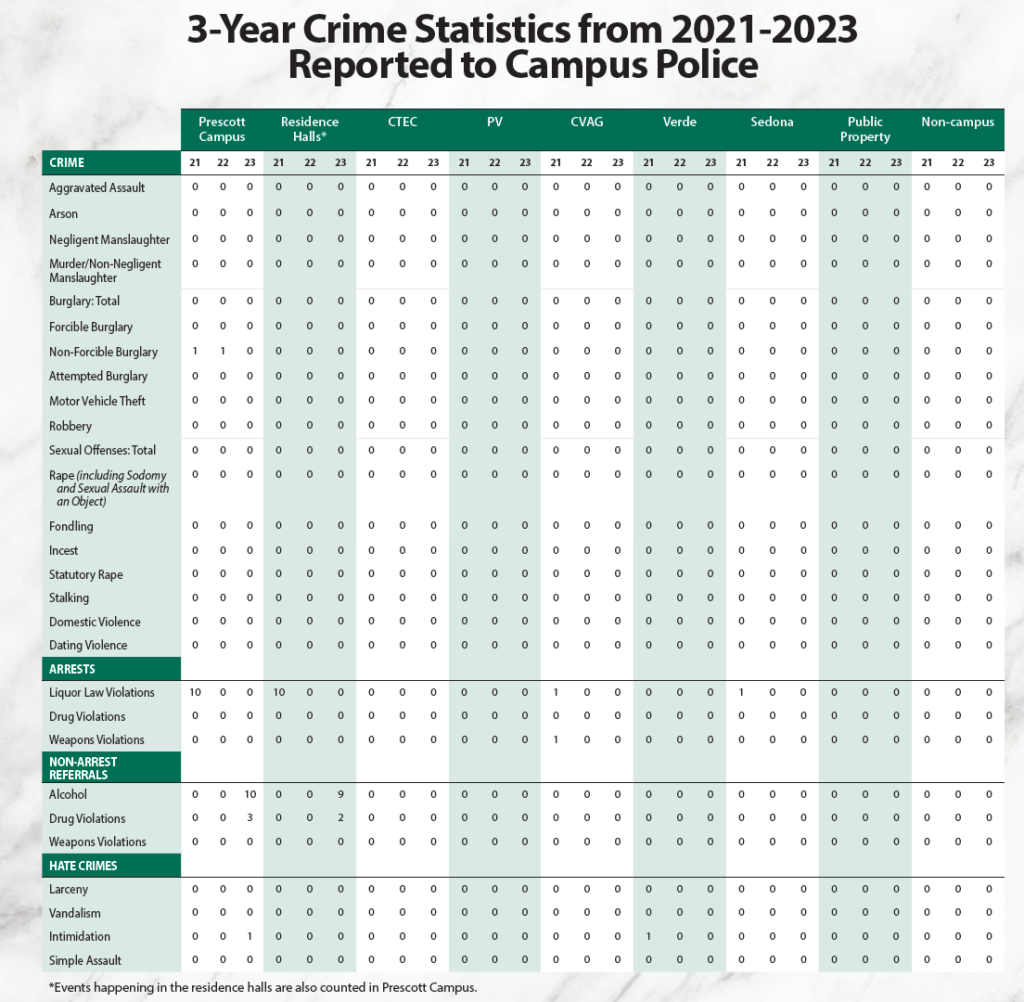

 With this donation, every dollar contributed to the FEC through August 13 will be matched up to $25,000, effectively doubling the impact of any community member’s donation.
With this donation, every dollar contributed to the FEC through August 13 will be matched up to $25,000, effectively doubling the impact of any community member’s donation.